Gateway House launches first Quad Economy and Technology Task Force
The Task Force led by Gateway House will study economic and technological cooperation between the four like-minded democracies in the Indo-Pacific.
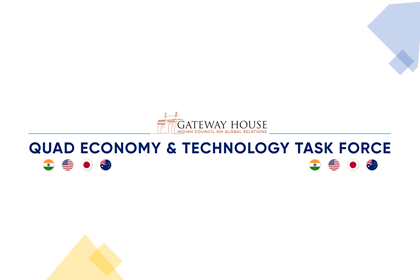 Courtesy: Gateway House
Courtesy: Gateway House
The Task Force led by Gateway House will study economic and technological cooperation between the four like-minded democracies in the Indo-Pacific.
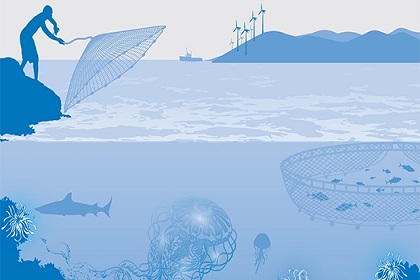 Courtesy: Common Wealth
Courtesy: Common Wealth
The Indian Ocean Region (IOR) presents a unique opportunity to develop a Blue Economy, with security, sustainability and business profitability as its three pillars. An IOR Defence Ministers' Conclave held on 4 February provided a platform to discuss regional cooperation, linking development with defence, and emphasized India's pivotal position within the IOR.
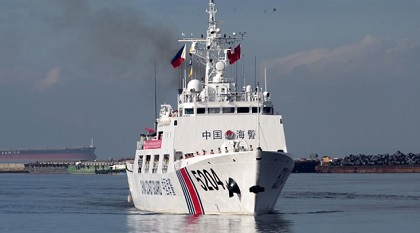 Courtesy: Radio Free Asia
Courtesy: Radio Free Asia
The recently-enacted China Coast Guard laws have renewed uncertainty in the South China Sea. India must work with the Quad to build collective maritime competence of maritime law enforcement agencies beyond the Indian Ocean Region within the Indo-Pacific.
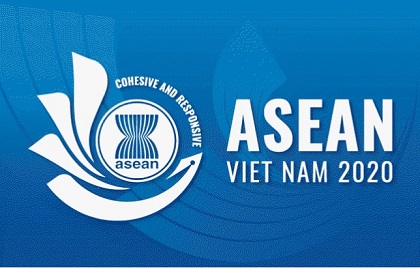 Courtesy: asean.org
Courtesy: asean.org
Vietnam had a busy 2020, starting with its chairmanship of ASEAN and ending with the signing of RCEP, and a free trade agreement with the EU. All were completed successfully despite the pandemic, which it also handled well. It has revealed Vietnam’s dexterity and confidence, good management and societal control and raised the country’s global profile.
On December 15, 2020, Gateway House co-hosted a webinar with Konrad-Adenauer-Stiftung on Europe in the Indo-Pacific. The panel included: Rt Hon Sir Michael Fallon KCB, Member, Indo-Pacific Commission, Policy Exchange, UK, Former Secretary of State of Defence, UK; Karin Mössenlechner Director, Asia and Oceania Department, Ministry of Foreign Affairs, Netherlands; Dr. Axel Berkofsky, Co-Head of the Asia Center at Istituto per gli studi di politica internazionale (ISPI), Italy and Peter Max Rimmele, Resident Representative to India, Konrad-Adenauer-Stiftung.
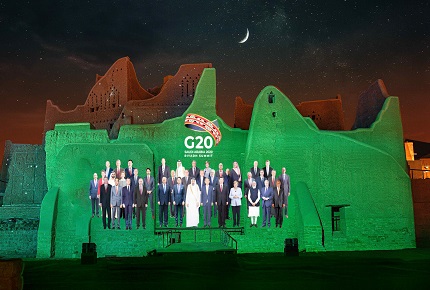 Courtesy: Shutterstock
Courtesy: Shutterstock
Saudi Arabia hosted the G20 Summit on 21-22 November, this year. A strategy to protect the global economy, which is the heart of the G20’s existence, was reflected in the updated G20 Action Plan, a clear by-product of the effect of the COVID-19 pandemic. Beyond the immediate, is the plan for a resilient and long-lasting recovery.
Trade patterns are influenced by geography. To facilitate strong trade relations and strengthen domestic economies, India & Canada must leverage ASEAN through the digital shift and build on beneficial relations with nations amidst the coercive behaviour of hegemonic powers.
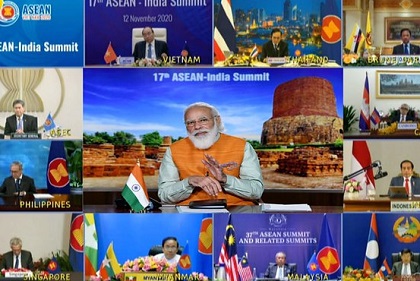 Courtesy: MEA/Flickr
Courtesy: MEA/Flickr
The recently concluded ASEAN and EAS Summit saw Prime Minister Modi highlighting the Indo-Pacific region. That’s because a cohesive, responsive and prosperous ASEAN is seen as vital to India's Indo-Pacific Vision and to Security And Growth for All in the Region (SAGAR). India’s decision to opt out of RCEP, even when all ASEAN member countries are signatories to that agreement, will mark a shift in how India enhances bilateral engagements with ASEAN nations with greater strategic intent.
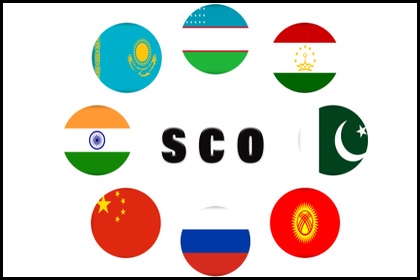 Courtesy:
Courtesy:
India will be hosting the Heads of Government Summit of the SCO on 30 November -the first time as host to a major SCO meeting, which it joined as a full member in 2017. The goal will be to connect the past of Central Asia and India to their present and future. The sweep of medieval history will then join the 21st century to bring prosperity to both regions.
 Courtesy: Gateway House
Courtesy: Gateway House
The 20th meeting of the Council of the Shanghai Cooperation Organization (SCO) Heads of States was held virtually on 10th November, 2020. The meeting precedes the SCO Summit to be hosted by India at the end of this month, and for which preparations have been on through the year. In this compendium of three essays, Gateway House assesses the potential for deepening economic cooperation between India & SCO, asks whether the SCO Charter needs dynamism and revision, and traces the roots of the regions's Buddhist presence, back to India.